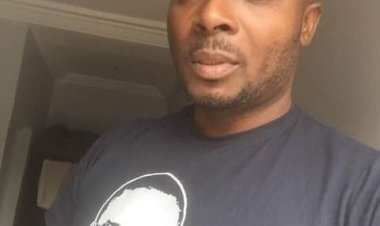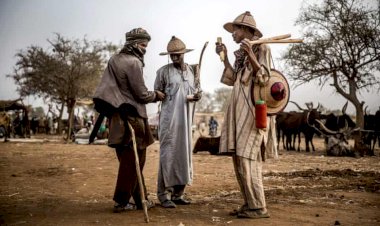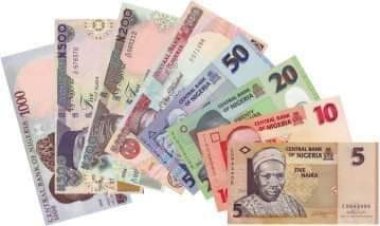How ex-governors, others acquired 800 Dubai assets’ By Yusuf Alli, Abuja
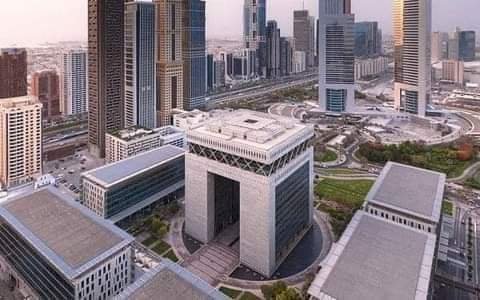
No fewer than 35 past and present governors and 299 former office holders in Nigeria have been linked with multi-billion choice properties in London and Dubai, it was learnt on Tuesday.
The eminent persons were said to have spent over $400m to acquire 800 properties in Dubai.
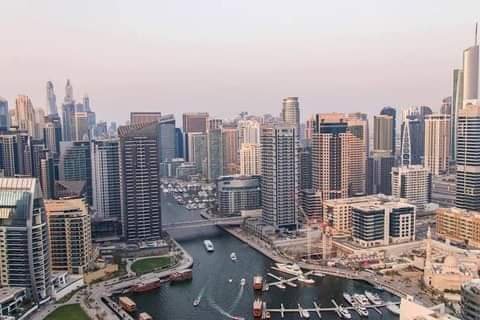
Some of those implicated include a Northwest governor, two former Deputy Presidents of the Senate and a former National Chairman of the Peoples Democratic Party (PDP).
Others are 15 former ministers; one judge; 14 police, security and military chiefs; lawmakers; five staff members in the Presidency; 11 officers of the Nigerian National Petroleum Corporation (NNPC); and 16 heads of departments and agencies.
Also on the list are 50 businessmen serving as fronts for Politically Exposed Persons (PEPs); 158 suspected PEP proxies; and 13 known Nigerian law enforcement agency suspects.
The facts and figures, including names, were laid bare on Tuesday by an Associate Fellow, Chatham House, Mr. Mathew Page in a presentation at a training session by the Independent Corrupt Practices and Other Related Offences Commission (ICPC).
The Zoom session was tagged “Capacity building for investigators on investigating Illicit Financial Flows (IFFs)”.
Page’s paper focused on “IFFs through the Real Estate and Education sectors: Implications for investigators.”
He listed the Real Estate sector and payment of school fees abroad as means being used by High-Risk PEPs to launder stolen funds abroad, especially in Dubai, the United Kingdom and the United States.
He said PEPs and public officers in Nigeria used to engage in Illicit Financial Flows in the Real Estate sector “both as a means to launder money and as something to spend launder money on.”
On laundering in Dubai, Page said it has been possible for high-profile Nigerians because of “global nexus of IFFs, accessibility, permeability, reliability and affordability.”
He said the UAE had also been “reluctant to cooperate and share information.”
Page said: “There are 800 plus properties linked to Nigerian PEPs. They are worth $400million plus.
He said while a serving governor in the Northwest has eight Dubai properties ($5million), a former PDP national chairman acquired 11 Dubai and two London homes at $18million.
He said a former Deputy Senate President secured 14 Dubai properties at $12million and one of his successors bought eight Dubai assets and three UK properties at $15million.
Page said it has been easy to transfer large sums out of Nigeria by PEPs and public officers because of “permissive environment, techniques used to avoid detection, the role of professional enablers, commercial banks, Bureau De Change and cash couriers.
He said Nigerian PEPs have also been using proxies, families, shell companies and links to trade-based money laundering.
He asked anti-corruption investigators in Nigeria to “examine bank transfers to Dubai, verify asset declarations, investigate middlemen and property marketers.”
On IFFs to the United Kingdom, he gave six examples of how top Nigerians allegedly used payment of school fees to launder money.
Page said: “Former Plateau State Governor Joshua Dariye was charged with corruption in 2007 and convicted in 2018. Despite facing corruption charges, he was able to send his children to UK boarding schools and universities. His children have not been implicated in any wrongdoing.) Estimated Fees Paid: £240,000+
“A senior Nigerian legislator who has been a career politician for the last 25 years had children attending independent British schools and universities. The politician also owns several high-end properties in United Kingdom. Estimated Fees paid: £665,000+
“In 2012, a British court convicted former Delta Sate governor James Ibori of fraud and money laundering. Despite this conviction, he continued to send his children to UK schools and universities. (Note: His children have not been implicated in any wrongdoing.) Estimated Fees paid: £286,000+
“A prominent career politician from Northern Nigeria with minimal income outside official earnings sent several children to UK private schools and universities. The politician’s spouse allegedly owns high-end property in the United Kingdom. Estimated Fees paid: £861,000+”
“A career Nigerian politician who has served in various government positions over two decades sent children to top British boarding schools and universities .The politician also owns high-end property in the United Kingdom. Estimated Fees paid: £447000+
“A prominent career politician from Southern Nigeria sent multiple children to top British boarding schools and universities. The politician also owns luxury property in the United Kingdom. Estimated Fees paid: £343,000+”
The Chairman of ICPC, Prof. Bolaji Owasanoye (SAN), said the commission has dragged about 2,000 corporate entities into the country’s tax net.
He made the disclosure in Abuja while responding to questions from reporters at the end of the capacity building training for investigators
He said the 2,000 corporate entities were discovered during investigations carried out by the commission, adding that their names have been forwarded to the Federal Inland Revenue Service (FIRS) for profiling.
He said: “Some of these entities are not registered and do not pay tax while others are registered, but still do not pay tax. The ICPC has been able to recover significant amount in taxes for the government.”
Owasanoye added: “The loss of revenue is a major challenge to developing countries, particularly Nigeria. The meeting is therefore, designed to build the capacity of our investigators to enable them trace the areas in which the government is losing money, look for the likely places people hide money, stop the illicit financial flows, and recover the funds.
“We are already working with the FIRS and getting a lot of tax evaders and defaulters into the nation’s tax net. One of the takeaways from here is the kind of question an investigator needs to ask in tracking IFFs and money laundering.”
The ICPC boss said it was necessary to “widen the revenue base, improve tax collection, combat tax evasion and illicit financial flows as well as asset recovery to improve the country’s finances.”






































